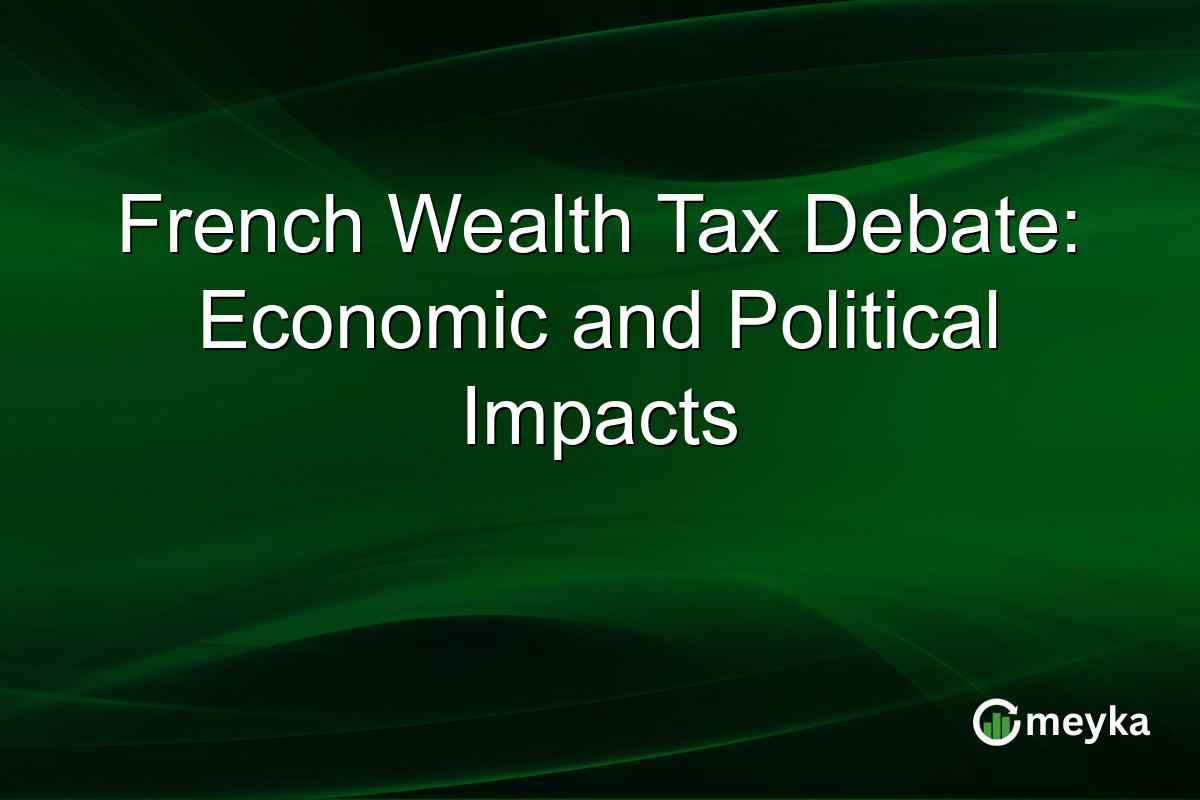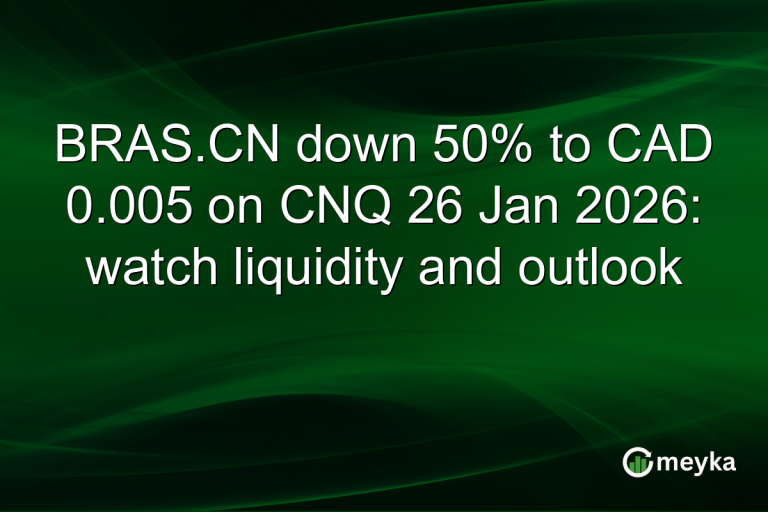French Wealth Tax Debate: Economic and Political Impacts
The French wealth tax debate is a crucial topic recently reignited by proposals to tax ultra-high net worth individuals. The proposal aims to generate significant revenue by targeting France’s richest. However, it has sparked heated discussions and protests. This debate underscores the tension between economic demands and political constraints, with potential implications for both national and global markets.
Continue Reading on Meyka
This article is available in full on our main platform. Get access to complete analysis, stock insights, and more.
Read Full Article →





